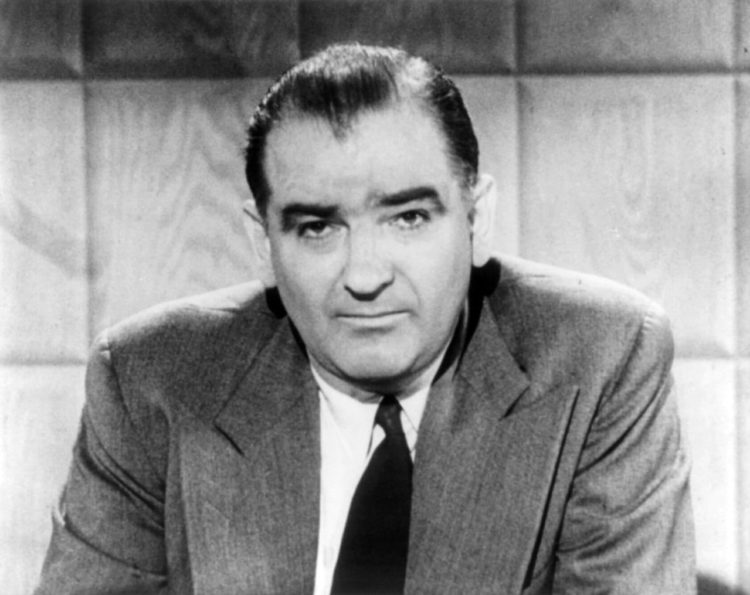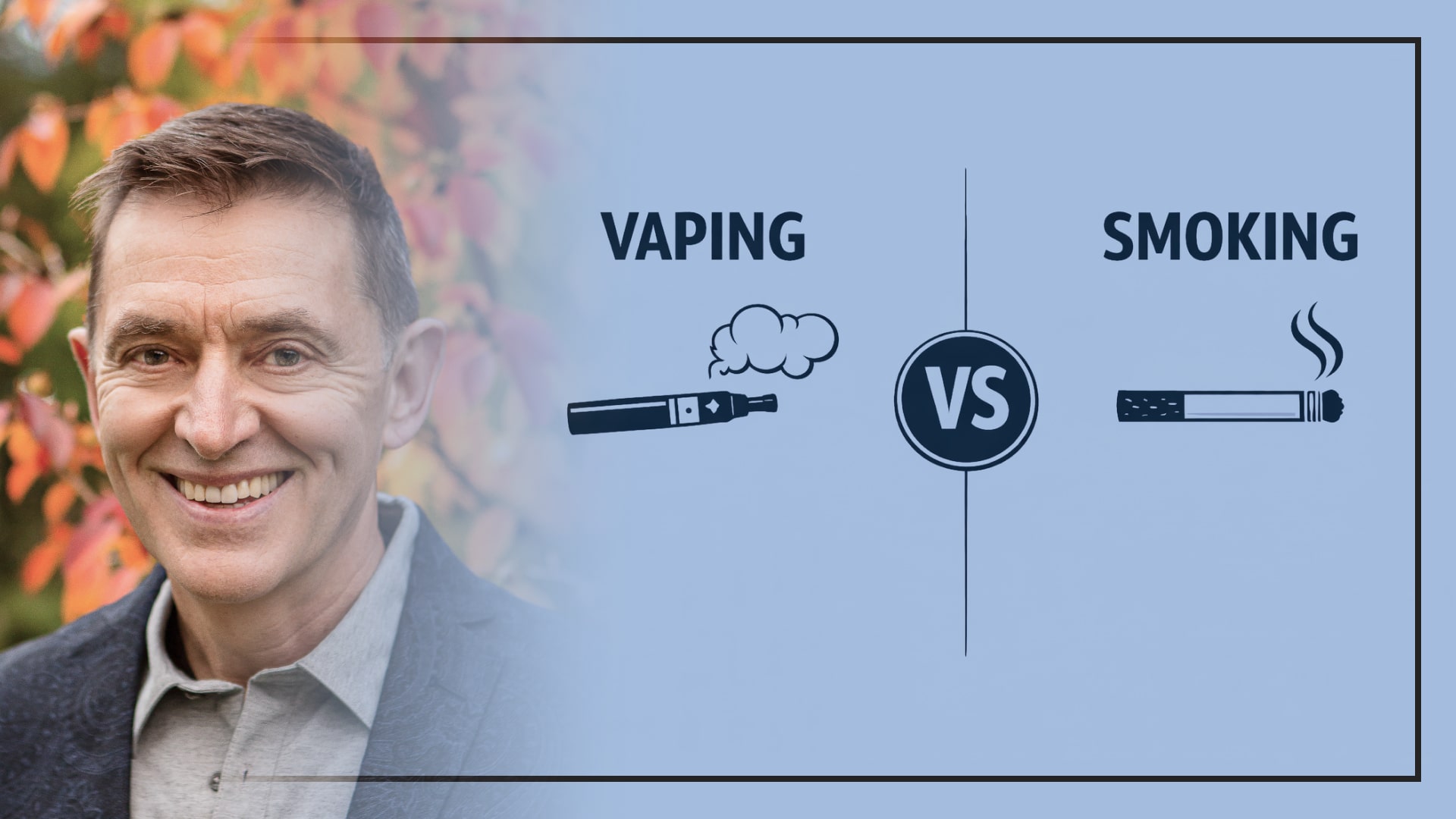
‘Anti-smoking McCarthyism’ behind Sweden’s lack of tobacco harm reduction leadership
Fears of being vilified via anti-smoking McCarthyism from “abstinence-only ideologues” have kept Sweden and other governments from fully supporting tobacco harm reduction policies and products like snus and nicotine pouches.
The claims come from renowned drug policy reform pioneer Ethan Nadelmann, who spoke at an October 27th seminar in London organized by the Global State of Tobacco Harm Reduction (GSTHR).
“You have governments around the world – even governments which see harm reduction benefiting them [such as] Sweden, where snus has had a fantastic contribution to reducing the harms of smoking – that will not provide leadership on harm reduction,” said Nadelmann.
His remarks came as part of a seminar to launch Fighting the Last War: The WHO and International Tobacco Control, the latest GSTHR report from the UK health agency KAC.
The report paints the implementation of the WHO’s Framework Convention for Tobacco Control (FCTC) as a “global public health failure”. It urges the WHO to embrace harm reduction policies to help “people who cannot or do not want to stop using nicotine to quit deadly smoking and switch” to safer products like snus, nicotine pouches, and e-cigarettes.
The GSTHR estimates that nearly 100 million people globally already use safer nicotine products despite WHO opposition and increased efforts by tobacco control advocates to ban safer products.
Sweden self censors in face of anti-smoking McCarthyism
Sweden, where snus has been the dominant tobacco product for decades, now has the lowest smoking rate in the EU as well as the lowest rates of tobacco-related mortality for men, among whom snus use is the most prominent tobacco product.
But despite these public health gains attributable to snus, Sweden remains reluctant to trumpet its own tobacco harm reduction success. The reason, according to Nadelmann, stems from fears of being criticized for supporting harm reduction simply because tobacco companies also support harm reduction.
“You now have an almost McCarthy-like approach,” he explained, invoking US senator Joesph McCarthy, whose “fanatic” anti-communist views resulted in dozens of people being demonized and persecuted for supposed communist sympathies in the 1950s.
The paranoia over “guilt by association” results in anti-smoking McCarthyism smear attempts against policymakers and academics who he claims are the “the real champions” in the fight against big tobacco and smoking.
“If any one of them takes a penny, from any form of a big tobacco company, or even a vape company that’s opposing big tobacco, or even a foundation that’s associated with it, they are being smeared…[it’s] character assassination, as if they’re no different than the hack scientists who worked for Big Tobacco some decades ago, trying to prove that cigarettes were not addictive,” he added.
Echoes of the war on drugs
Nadelmann was an early and staunch critic of the “war on drugs”, founding the Drug Policy Alliance (DPA), a group that advocated for harm reduction drug policies based on “science, compassion, health, and human rights”.
He compared the current approach of tobacco control advocates to the anti-drug movement of the 1980s and 1990s. Then, as now, science supports moving toward harm reduction, while the public, media, and politicians all advocate for more repressive policies.
He lamented that many of the same political figures who were his allies in advocating for drug harm reduction policies such as legalized medical marijuana and needle exchange programmes are now leading efforts to ban safer nicotine products.
“I don’t see us moving in the direction of a nicotine-free society,” he said.
Misinformation an obstacle to harm reduction
The challenge, he explained, is accepting that nicotine is here to stay and learning how to ensure it causes the least harm possible.
“The biggest obstacle right now is the huge majority of people who believe that nicotine is far more dangerous than it is,” he explained, citing studies reporting that a majority of US doctors wrongly believe nicotine causes cancer.
“As long as people are fundamentally misinformed and miseducated about the realities of nicotine, there’s no real way for the harm reduction movement to move all that much further.”
He called for more “innovative strategies” to help people rethink nicotine, as well as more investment into looking at the potential benefits of nicotine for people with Parkinson’s or Alzheimer’s, two diseases for which nicotine has shown to have positive effects.
“We have to challenge the basic abstention mindset and prohibitionist mindset of trying to create a nicotine-free world,” he said.
“I think we should say, ‘This is what you should do.’ And even if they might not do it, let’s ask anyway and at least push the conversation in the right direction.”
Subscribe to the Snusforumet newsletter
Subscribers receive instant access to the story behind the EU snus ban by author Christopher Snowdon.
By subscribing to our newsletter, you agree to allowing Snusforumet to use your email address to contact you with news and marketing. materials. Read more about how we process your personal information in our privacy policy.




